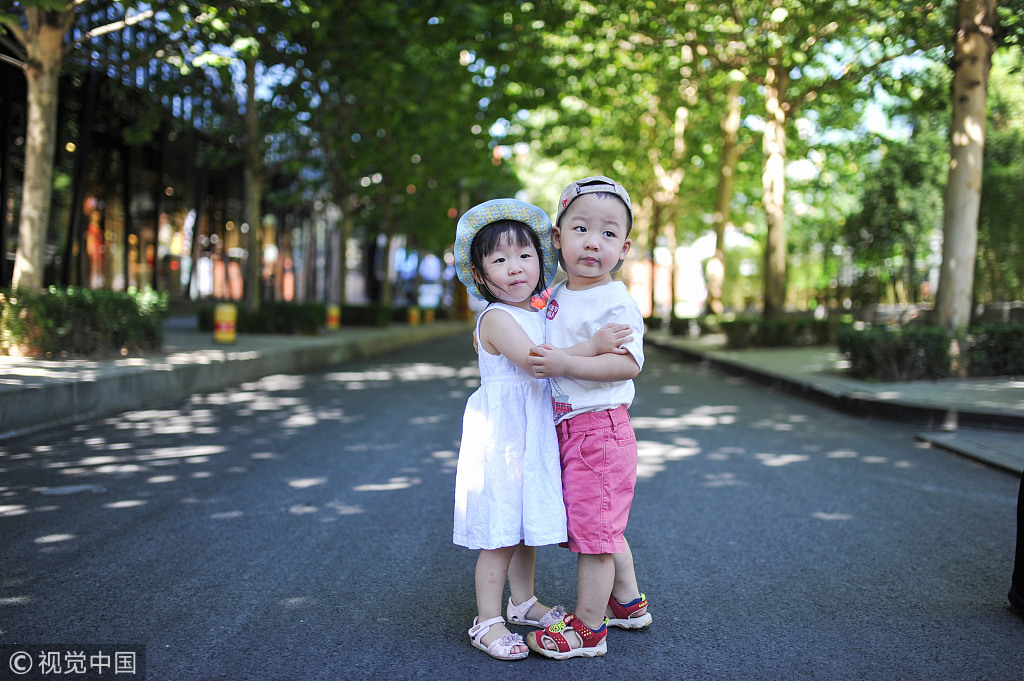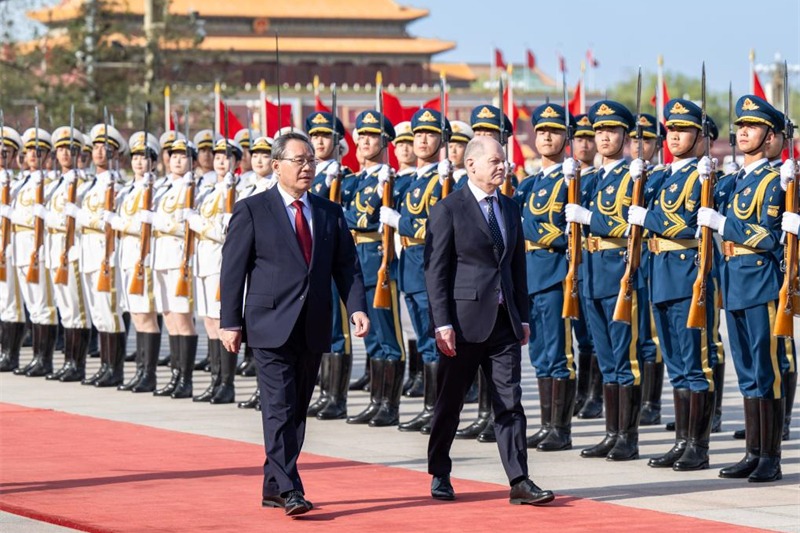Book spotlights challenges for 'leftover women'


One unexpected consequence of China's family planning policy has been the emergence of women who had access to education, resources and opportunities that previous generations could only dream of, according to author Roseann Lake, who has written a book detailing the choices and challenges these women face.
Lake said the policy, which was introduced in 1979 and significantly relaxed in 2016, meant most couples only had a single child, something that initially led couples to try to ensure their sole child would be a son, which resulted in a gender imbalance.
The policy also led to couples treating daughters in the way traditional families had previously treated boys alone-pushing them hard to study, excel in college and succeed in their careers, she added.
Lake said this has resulted in a sizable cohort of well-educated, goal-oriented women living in an economic powerhouse where professional opportunities have made women less willing to compromise their careers by marrying.
Yang Juhua, professor of social demography at the school of sociology and population studies at Renmin University of China, commended Lake's observations but said she does not fully agree with the point that more educational opportunities and access to resources for women in the family planning era were unexpected effects of the policy.
"It is an institutional design of the policy itself," Yang said. "One of the objectives of the policy was to facilitate better reproduction, improve the quality of the population and give the fewer children higher-quality, and more, resources."
In a country where gender roles have not evolved as quickly as the rest of society, women who have postponed or rejected marriage in order to focus on their careers have been labeled "leftover women".
Lake noticed the phenomenon while working for five years at a television station in Beijing. She was surrounded by such women and wanted to understand why, with China's surplus of 20 million men, many of her female colleagues struggled to find a boyfriend.
She came to realize that despite being well-educated, financially independent and the first women in their families to have gone to college, the achievements of these women were eclipsed by the fact that they didn't have life partners.
"This seemed strangely anachronistic for a culture that had otherwise modernized at a dizzying pace," she said. The challenges that "leftover" women encounter led Lake to explore the social phenomenon further, with the end product being her book Leftover in China: The Women Shaping the World's Next Superpower.
The book was part critique of China's paternalistic ideals of old and part playful portrait of the romantic travails of China's trailblazing women and their well-meaning parents, who are often anxious to see their daughters get married.
The book focuses on the lives of four women against a backdrop of colorful anecdotes, including hundreds of interviews and rigorous historical and demographic research that show how these "leftover women" are crucial to China's future.
"Ideally, I'd like readers to come away with a more nuanced understanding of China-of the one-child policy and how it is playing out in the lives of children who grew up under it, but also of the complexities of modern China, a country that teeters on the nexus of tradition and modernity," Lake said.
Lei Yamin, a single woman from Hangzhou, Zhejiang province, said she is undoubtedly feeling pressure from different quarters, including parents, friends and colleagues, because she is an unmarried woman.
Now, in her early 40s, Lei said her parents are finally getting used to the person she is.
"They have gradually accepted the fact that I am a single woman," she said. "For them, it was a lengthy journey, from being anxious at the beginning to being understanding to fully accepting in the end."
Lei said getting married is not the only option open to women.
"What matters the most to women is the well-being of their parents, personal health and the opportunity to fulfill their own values," she said.
And with a rising divorce rate, she said, China has become more used to the idea of women not being defined by their marriage.
The family planning policy undoubtedly helped China enjoy years of double-digit GDP growth, but it has also left the country with demographic imbalances.
China now has 106 men for every 100 women, suggesting there must be plenty of leftover men as well.
Lake, who is now Cuba correspondent for The Economist, argues that China's girl power can be a major force for the country's economic growth in the next decade.
To give just one idea of women's spending power, 3 million female Tmall shoppers each purchased more than five lipsticks last year, and more than 350,000 female shoppers each bought more than 12 handbags, even though Chinese women earn 35 percent less than their male counterparts, according to a report jointly released by Chinese online retailer Tmall and Kantar Worldpanel, an international company that provides consumer insights.





































